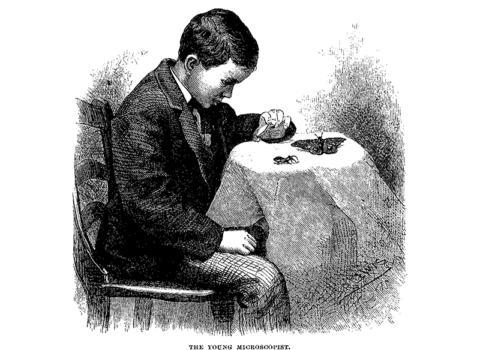John R. MacArthur is the publisher of Harper’s Magazine.
On December 13, George McGovern published an opinion piece, “With Obama’s Strategy, Afghanistan Looks Like Another Vietnam,” in the Washington Post. He wrote:
I am astounded at the Obama Administration’s decision to escalate the equally mistaken war in Afghanistan, and as I listen to our talented young president explain why he is adding 30,000 troops– beyond the 21,000 he had added already– I can only think: another Vietnam. I hope I am incorrect, but history tells me otherwise.
Joe Klein promptly replied, in his “Swampland” blog at Time, in a piece entitled “McGovern on Afghanistan”:
George McGovern was a world war II hero, a principled politician and absolutely right about the foolishness of the war in Vietnam. He is thoroughly wrong about Afghanistan, though. As President Obama painstakingly explained in his West Point speech, Vietnam is a false–indeed, a facile–anology [sic]. The war in Vietnam was based on lies–the Tonkin Gulf incident–and a false premise, the notion that Vietnam would be the next domino to fall in a communist campaign to conquer Asia. (The total wrongness of this theory was soon demonstrated by the China-Soviet split and subsequent, tacit U.S.-China alliance against the Soviets–as well as a thousand years of tension between the Vietnamese and the Chinese.)
Here’s McGovern’s reply to Klein, emailed to me today. It’s worth a careful read:
The reporter Joe Klein deserves a response to his critique of my objection to President Obama’s decision to send another 30,000 troops to Afghanistan. With the 21,000 the President ordered there earlier plus the 50,000 sent by President Bush, we now have over 100,000 troops assigned to Afghanistan and another 50,000 mercenaries.
I had stated that our growing Afghan involvement reminds me of the Vietnam tragedy. Mr. Klein contends “Afghanistan is different.” I agree that there are differences between the two situations, but there are worrisome similarities.
In each case we have assumed that the complicated political, ideological, ethnic, and nationalistic cross purposes can be straightened out by American troops. It has further been assumed in both Vietnam and Afghanistan that their problems are primarily the responsibility of the US with only token support from other countries.
The people of Afghanistan have occupied a strip of mountainous territory in Central Asia for many centuries. If they are unable to resolve their internal conflicts, how likely is it that even the best soldiers from our distant land can put things aright?
If our country which we all love is to become the world’s policeman, where will we recruit enough troops? Some of our regular army and reservists have been fighting in Iraq and Afghanistan for nearly a decade– longer than WWI and WWII combined. There is a limit to what even superb soldiers like ours can withstand. If we are to play the role of a global police force we should all be involved and that means we should restore the draft and pay higher taxes. We can’t keep using the same soldiers war after war while borrowing money from the Chinese.
Mr. Klein expresses grave concern about tensions and dangers in Pakistan if we were to “abandon the region” by bringing our troops home from Afghanistan.
I am not advocating that we abandon any region of the world (indeed I have long favored normalization of relations including trade and travel with Cuba as I did with China long before that happened). We have competent, fully staffed embassies in Afghanistan, Pakistan and India to help us keep informed of developments in these countries and to pursue our interests. We also maintain economic aid missions in these countries. We are not abandoning a country simply because we don’t have our army there doing battle.
One final point: Even if Mr. Klein were right in calling for us to continue waging war in Afghanistan, we can’t afford it. Thanks to the two wars in Iraq and Afghanistan we’ve built a national debt of 12 trillion dollars. We’re also in the middle of a serious recession. Not a good time for another deepening war.



